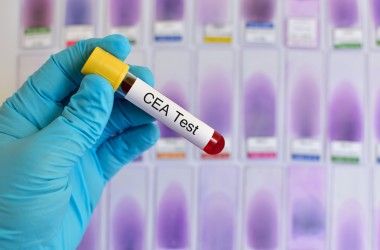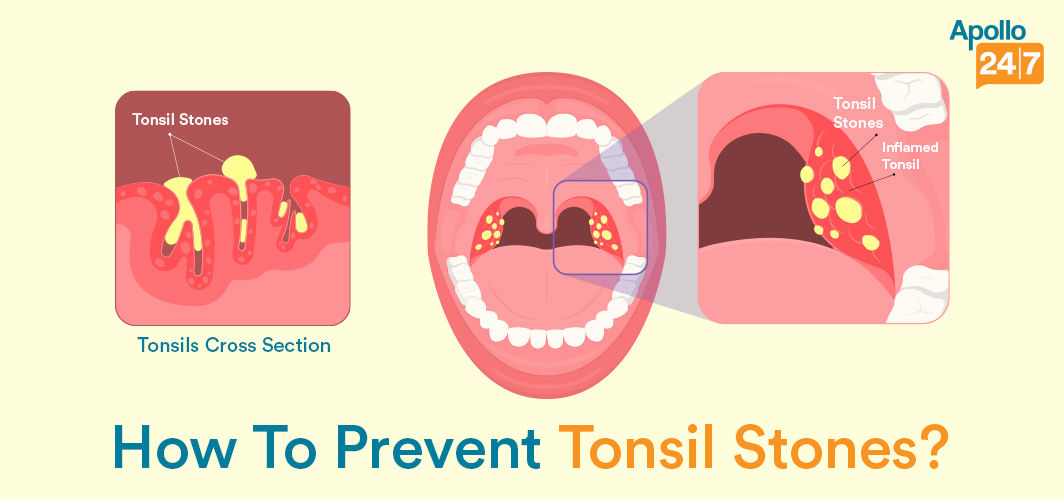General Health
Monitoring Cancer Treatment or Checking for Recurrence? Get This Blood Test to Track Tumour Activity
5 min read
By Apollo 24|7, Published on - 30 May 2025
Share this article
0
0 like

Being diagnosed with cancer can be one of the most daunting experiences in life. The journey through treatment, be it surgery, chemotherapy, radiation, or immunotherapy, is often challenging, both physically and emotionally. Despite successful treatment, many survivors of cancer endure the ongoing fear of relapse. Fortunately, advances in medicine have brought with them instruments to support monitoring of tumour activity, evaluation of treatment, and early identification of recurrence. Among them is the CEA blood test, a useful tumour marker employed in oncology. In this article, we will explore what the CEA test is, how it works, when it’s recommended, and how it aids both patients and clinicians in managing cancer more effectively.
What Is the CEA Blood Test?
The CEA blood test measures the level of carcinoembryonic antigen (CEA) in the blood. CEA is a type of glycoprotein normally produced during the early stages of foetal development, but its levels drop significantly after birth. In healthy adults, CEA levels are usually very low or undetectable. However, certain types of cancer can cause an abnormal rise in CEA levels, making it a useful tumour marker. CEA is not specific to one type of cancer. It is most commonly associated with:
- Colorectal cancer
- Lung cancer
- Breast cancer
- Pancreatic cancer
- Ovarian cancer
- Thyroid cancer
It’s important to note that the CEA test is not used to diagnose cancer in healthy individuals. Rather, it plays a key role in monitoring the progress of cancer treatment and checking for recurrence after treatment.
Why Is the CEA Test Important?
The CEA blood test is especially valuable in the ongoing management of cancer patients. Its primary uses include:
1. Monitoring Treatment Effectiveness
Physicians also check levels of CEA prior to cancer treatment (e.g., surgery or chemotherapy) and after treatment. When levels of CEA decrease, it indicates that treatment is taking effect. For a patient with colorectal cancer, a fall in CEA levels after removal of tumour indicates that the tumour was successfully removed.
2. Detecting Cancer Recurrence
After completing cancer treatment, routine CEA blood tests can help detect recurrence early. A sudden or consistent rise in CEA levels may be the first indication that cancer has returned, even before any symptoms appear or imaging tests show abnormalities.
3. Assessing Tumour Spread (Metastasis)
High CEA levels may suggest that the cancer has spread to other parts of the body. While imaging tests like CT or MRI scans are required for confirmation, CEA results can prompt timely further investigation.
4. Providing Prognostic Information
In some cancers, elevated CEA levels at the time of diagnosis may indicate a more advanced stage or poorer prognosis. This can help clinicians tailor treatment plans more effectively. Higher baseline CEA levels may also suggest a greater likelihood of recurrence, prompting closer follow-up and monitoring.
When is the CEA Blood Test Recommended?
The CEA test is most often recommended in these situations:
- Prior to starting cancer treatment, to determine a baseline level of CEA.
- For monitoring the body's response during treatment.
- For monitoring after surgery or chemotherapy, to check for a return of cancer.
- For follow-up that occurs routinely, especially in people with colorectal cancer.
- When symptoms of recurrence arise, such as unexplained weight loss, fatigue, or persistent pain.
Have more questions?
How Is the CEA Blood Test Performed?
The CEA test is a simple, minimally invasive procedure:
1. Blood Sample Collection: A healthcare provider will draw a small sample of blood from a vein, usually in your arm.
2. Laboratory Analysis: The sample is sent to a lab, where the amount of carcinoembryonic antigen is measured.
3. Results Interpretation: Your doctor will evaluate the CEA levels based on your type of cancer, treatment history, and overall health.
Understanding CEA Test Results
While the normal range can vary slightly depending on the laboratory, a typical CEA level is less than 3 ng/mL in non-smokers and up to 5 ng/mL in smokers.
1. Normal Results
- May suggest that the cancer is responding to treatment.
- May indicate there is no active cancer at the time of testing.
- Are common in early-stage cancers or those that don’t produce CEA.
2. Elevated Results
- May indicate ongoing tumour activity or recurrence.
- Could signal that the cancer has spread.
- Might suggest the presence of another CEA-producing cancer.
However, elevated CEA levels are not exclusive to cancer. They can also be found in:
- Smokers
- Individuals with inflammatory bowel disease (IBD)
- Liver disease (such as cirrhosis)
- Pancreatitis
- Chronic lung conditions
This is why the CEA blood test is used in conjunction with other clinical findings and diagnostic tools rather than in isolation.
Limitations of the CEA Test
Although the CEA test is incredibly useful, it is not without its limitations:
- Not all cancers raise CEA levels: Some tumours do not produce CEA, which means normal levels do not always rule out cancer.
- False positives: Non-cancerous conditions can elevate CEA levels, leading to unnecessary worry.
- False negatives: Some cancers may not cause a significant rise in CEA, especially in early stages.
- As such, the CEA blood test is best viewed as part of a broader surveillance strategy, not as a standalone diagnostic method.
Conclusion
If you or a loved one has gone through cancer treatment or has finished undergoing cancer treatment, remaining watchful is most important to ensure long-term health. The CEA blood test can be a potent tool in monitoring cancer over time. By monitoring tumour activity, it can identify early signs of recurrence, determine the effectiveness of treatment, and provide invaluable peace of mind. Whether you’re currently in treatment or in the post-treatment follow-up phase, speak to your oncologist about incorporating the CEA test into your care plan. It’s a simple step that could make a significant difference in your cancer journey.
General Health
Consult Top Oncologists
View AllFrequently Asked Questions
Is the CEA blood test only for colorectal cancer?
Is the CEA blood test only for colorectal cancer?
Can smoking affect my CEA test results?
Can smoking affect my CEA test results?
How often should I get the CEA test done?
How often should I get the CEA test done?
Can I eat before a CEA blood test?
Can I eat before a CEA blood test?
What if my CEA level is high but I don’t have cancer symptoms?
What if my CEA level is high but I don’t have cancer symptoms?
Leave Comment
Recommended for you

General Health
Tonsil Stones and How to Prevent Them?
Are you prone to recurrent tonsillitis and also shy away from talking because you suffer from bad breath (halitosis)? If yes, you might have tonsil stones. Read this to know how to prevent tonsil stones.

General Health
Conjunctivitis: All You Need to Know about Pink Eyes
Conjunctivitis usually gets better in a few weeks without any treatment but in some cases, it may require medical attention.
%20(1)_0.jpg?tr=q-80)
General Health
Signs of Recovery from Typhoid: How to Track Your Progress and Know You’re Recovering
Learn the key signs of recovery from typhoid, including improving symptoms, regained energy, and appetite restoration. Track your progress and ensure a smooth recovery.
Subscribe
Sign up for our free Health Library Daily Newsletter
Get doctor-approved health tips, news, and more.
Visual Stories

Science-backed Home Remedies for Burns and Blisters
Tap to continue exploring
Recommended for you

General Health
Tonsil Stones and How to Prevent Them?
Are you prone to recurrent tonsillitis and also shy away from talking because you suffer from bad breath (halitosis)? If yes, you might have tonsil stones. Read this to know how to prevent tonsil stones.

General Health
Conjunctivitis: All You Need to Know about Pink Eyes
Conjunctivitis usually gets better in a few weeks without any treatment but in some cases, it may require medical attention.
%20(1)_0.jpg?tr=q-80)
General Health
Signs of Recovery from Typhoid: How to Track Your Progress and Know You’re Recovering
Learn the key signs of recovery from typhoid, including improving symptoms, regained energy, and appetite restoration. Track your progress and ensure a smooth recovery.


